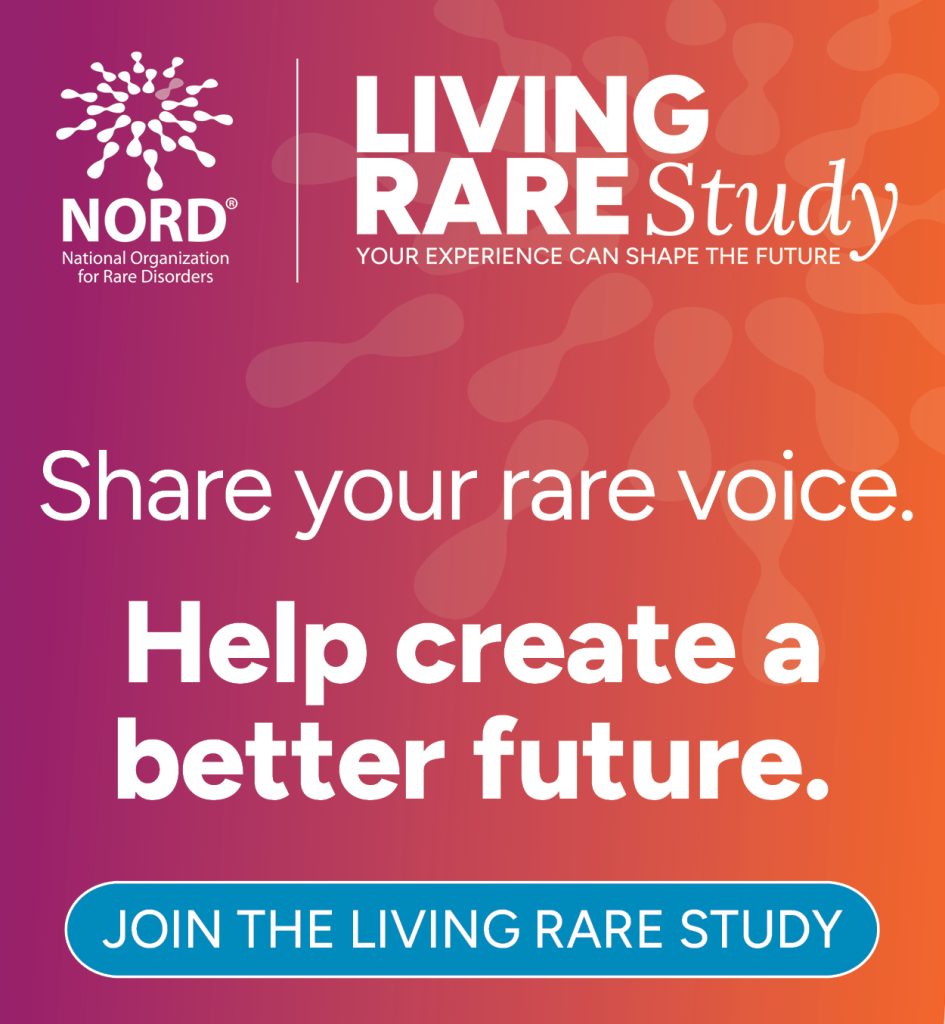It is the start of a new year, and we look forward to continuing to work you, our amazing advocates, to ensure rare disease voices are heard at all levels of federal and state government. Individuals living with rare diseases and their families continue to face many challenges, including lack of treatment options and research, access to affordable health care, diagnostic delays, and more. Together, we aim to drive helpful policy changes that can improve your access to care.
As we continue to build our grassroots movement, we need your help more than ever. In February, we are launching a new volunteer opportunity for people who are passionate about rare diseases and public policy. NORD’s Policy and Advocacy Taskforce provides a forum for volunteers to be deeply involved in rare disease advocacy to help inform our policy priorities based on changing needs of the community, and to fight for legislative solutions on national and state levels. The Taskforce is open to all, including new volunteers and experienced advocates. If you are worried because you are new to advocacy, don’t be! We will offer you the training, mentorship, and tools you need to be successful. Our first meeting will take place on Feb. 7 from 4:00 pm – 5:00 pm ET. Sign up here to share your interests and receive information on the first meeting and future opportunities to get engaged.
Building on several notable 2022 policy victories that we achieved together, 2023 promises to be another important year on the legislative front for rare diseases. Here is a look at some of our advocacy goals for the year:
Making rare diseases a priority for the 118th Congress
We look forward to welcoming the 118th Congress, its new leadership, and to building new legislative champions to help improve patient lives. We will track implementation of the Inflation Reduction Act and its impact on our community, including the extension of enhanced Advanced Premium Tax Credits, which will keep quality health insurance accessible to millions of Americans. We will focus on critical issues such as reimbursement, out-of-pocket spending, and increasing government funding to study rare diseases. As the Orphan Drug Act turns 40 this year, we will raise awareness of the law’s life-changing impact on drug development for rare diseases, while highlighting the work that remains to be done to help the many people who do not yet have an FDA-approved treatment for their rare condition.
FDA efforts to accelerate new treatments
In December 2022, Congress passed several key reforms to FDA policy that NORD will continue to monitor so community members understand what the changes mean for them and can weigh in on FDA’s implementation. For instance, the bill strengthens FDA’s Accelerated Approval Pathway and lays out plans to help increase diversity in clinical trials. It also requires FDA to issue guidance and host public workshops to foster the use of real-world evidence and patient experience data in regulatory decision-making processes for rare disease treatments. In addition, as part of the new Accelerating Rare Disease Cures (ARC) program, the FDA is launching several public-private partnership and pilot programs to support and advance the development of drugs to treat rare diseases.
Improving access to care
It still takes too long, with too many misdiagnoses, for people living with rare diseases to receive an accurate diagnosis. This hurts patients and families, leading to disease worsening and progression sometimes beyond the point of intervention, as well as reduced mental health and quality of life. In 2023, we will work to help end the long diagnostic odyssey for people with rare diseases through increased access to genetic testing. We will also work to increase access to care through continued protection and expansion of Medicaid and health insurance coverage requirements related to medical nutrition, step therapy, and telehealth services. In late January, we will release NORD’s annual State Policy Report Card, grading each state on issues of importance to the rare disease community, giving states that have made progress in the past year credit and offering guidance for advocates to help drive improvements where you live.
Giving our advocates a strong platform
Rare Disease Advisory Councils (RDACs) give the rare disease community a strong platform and way to elevate the rare patient voice within state governments. Thanks to the tireless dedication of our advocates who have successfully moved these bills through their state legislatures and governor offices, 24 states now have an RDAC. We plan to keep the fight going until there is an RDAC in every state. To learn more about your state’s existing RDAC or efforts establish an RDAC in your state, check out our Project RDAC website.
Advocates are the most effective voices for change. In addition to the volunteer Policy and Advocacy Taskforce, we will continue to mobilize the rare community through our Rare Action Network. By each of us raising our voices, we can drive meaningful change that helps create a healthier future for the 25+ million people living with rare diseases and their families.





